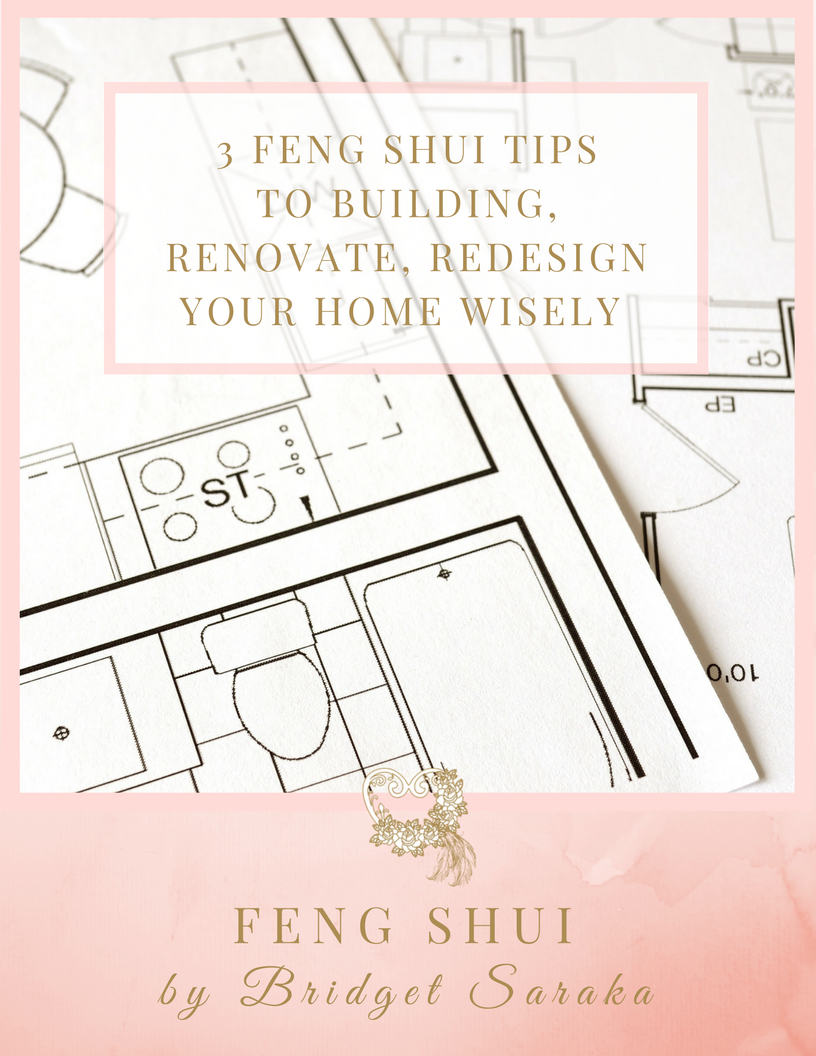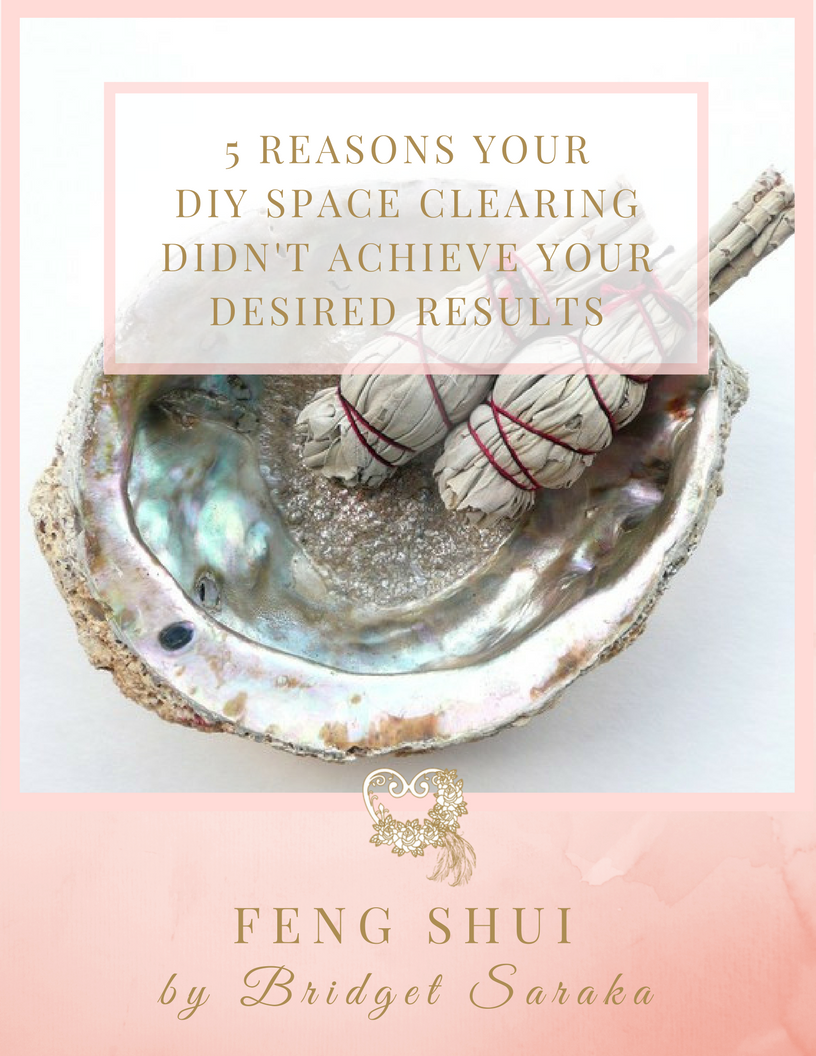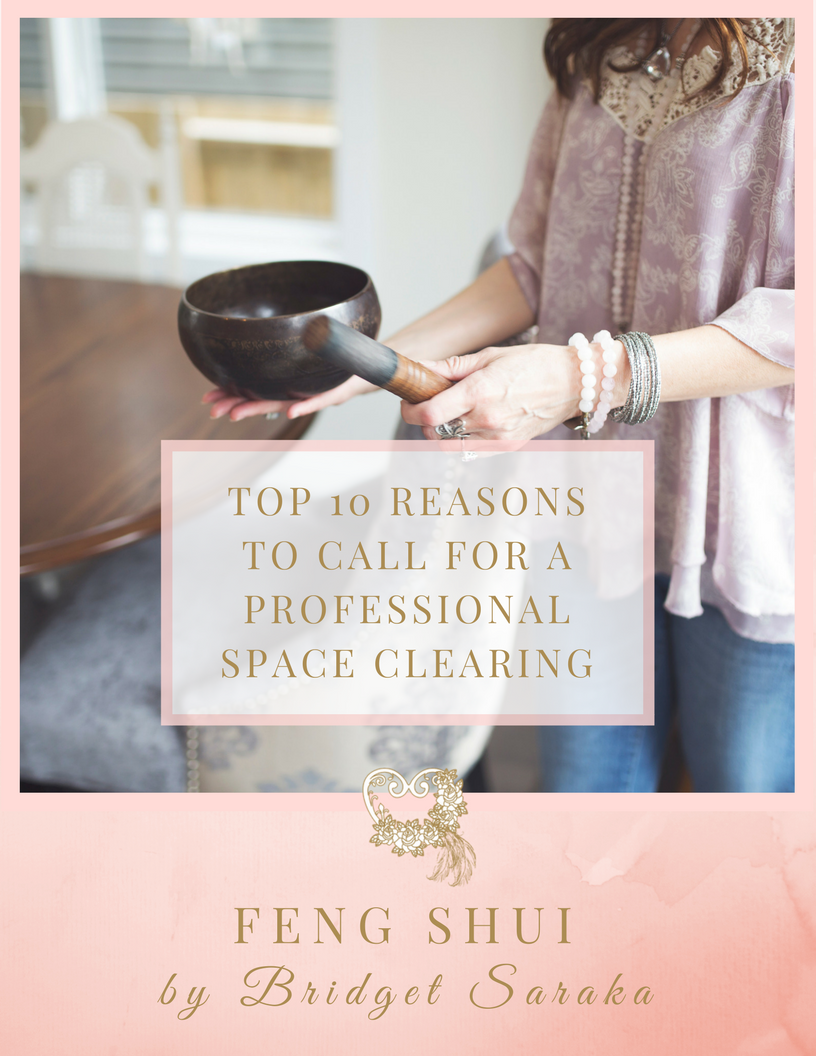8 Feng Shui Myth Busters
Clarifying the Feng Shui Myths and Misconceptions
Myth Buster
- Feng Shui is not a religion, nor steeped in superstition
- Feng Shui is a design philosophy rooted in Ancient Wisdom
- Feng Shui is “The Art of Placement”, inspiring harmony and balance
- Feng Shui is an environmental science based on natural laws
- Feng Shui is not about expensive designer fads
- Feng Shui is about creatively enhancing treasures you already have
- Feng Shui is the act of peaceful living in elemental balance
- Feng Shui is Integrated Wisdom
Inspired and shared with permission, by my late mentor Holly Ziegler Hagen.
Misconceptions
These are some of the misconceptions I have come across on my journey as a metaphysical girl living in a 3D world.
“I’m Religious.”
“Feng Shui is not a religion, nor steeped in superstition, it is a design philosophy rooted in ancient wisdom. Did you know that Feng Shui originated over 5000 years ago and that the Emperors of the times employed the services of the geomancers or Feng Shui consultants to locate the most auspicious sites to build their churches and temples? Feng Shui honours our homes as a reflection of our relationship with the natural order of life and that peace and tranquility is not only designated for churches but our personal dwellings as well.
“I don’t like energy.”
“Have you heard of Sir Isaac Newton’s 3rd law of motion which states that for every action there is an equal and apposing reaction? Feng Shui honours this philosophy and studies how an environment either positively supports or negatively affects our nervous systems. As a Feng Shui Consultant I assess your external environment for such things as electrical towers and satellite dishes that may be contributing to ill health stats while providing you some very practical solutions. Many of my clients find a sense of relief and understanding when I explain why their bed placement is contributing to their lack of sleep. After making the recommended suggestions they find that not only have they gained a more restful sleep but their physical pains have improved as well.
“I don’t see why moving my desk to face the door is such a big deal.”
Feng Shui is about comfort and safety. There is vulnerability when sitting with your back to the door. We would never think of walking down the street or entering a door backwards. Success is not met by turning your back to the world. A desk placement that faces the door is inviting and welcomes open communications. From a very practical stand point sitting with your back to the door reduces productivity as people are inclined to continue to look over their shoulders at the slightest of sound and movement which also, over time can cause physical ergonomic structural misalignment. Such as neck and hip issues from constant turning and twisting.
“I don’t like Chinese decor.”
“Feng Shui is not a Designer Style, it is a design philosophy based on intention and placement in relationship to the natural order of being present. Feng Shui enhances any design style and respects your unique treasures while utilizing them to enhance your dreams and desires. Today’s design trends are having an interesting reaction on people’s emotional and physical characteristics. This is something I’ve gained first hand insight into while working with clients who have moved into new homes and condo’s with this décor. Many have correlated their loss of direction and resent onslaught of depression to their resent move. These are conditions that were not present before the purchase. By adding a few Feng Shui enhancements you can change the look and feel of these new trends while discovering that your energy level has risen and that the depression you were suffering from has lifted. By listening to your language I can determine the most appropriate Feng Shui recommendations for your unique situation.”
“I don’t need Feng Shui I have enough red in my house.”
“Feng Shui recognizes the importance of colour and utilizes it in many ways to support or enhance how you feel, not only in the clothes you wear but also in your home and work spaces. Colour has a strong reactionary response as it can evoke either a positive or negative mood or emotion. For instance, there have been studies that show too much red can cause aggression and increased appetite. Many fast food restaurants use red to stimulate “super-sized meals” while rushing people out for greater turn over. How have you applied the colour red to your space?”
“How can Feng Shui help me with my relationship?”
“Feng Shui observes how respect is mirrored in an environment and that most often this is prominent in the bedroom where nobody can see behind the closed doors. Feng Shui recognizes that the artwork in your bedroom speaks a lot about where your mind is at and that a TV in the bedroom may be providing an escape from intimacy.”
“I’ve read a couple of Feng Shui books. I don’t need a consultant.”
“There are many schools of Feng Shui and that although there are universal principals of Feng Shui each has their own application. As a Certified Feng Shui Consultant I too began my Feng Shui journey by reading, it was out of my respect for “The Art of Placement” that I decided to earn my Certified Training with a reputable schools and mentor-ship while aligning myself with a organizations such as the International Feng Shui Guild which holds a high standard of professionalism.
What I realize after all my training is that what I thought I knew from self-study is that I was only scratching the surface of endless potential. As a Certified Feng Shui Consultant I understand the scope of practice and am dedicated to continuing my studies so that I may best support my clients through their profound Feng Shui journeys. Your success matters.







